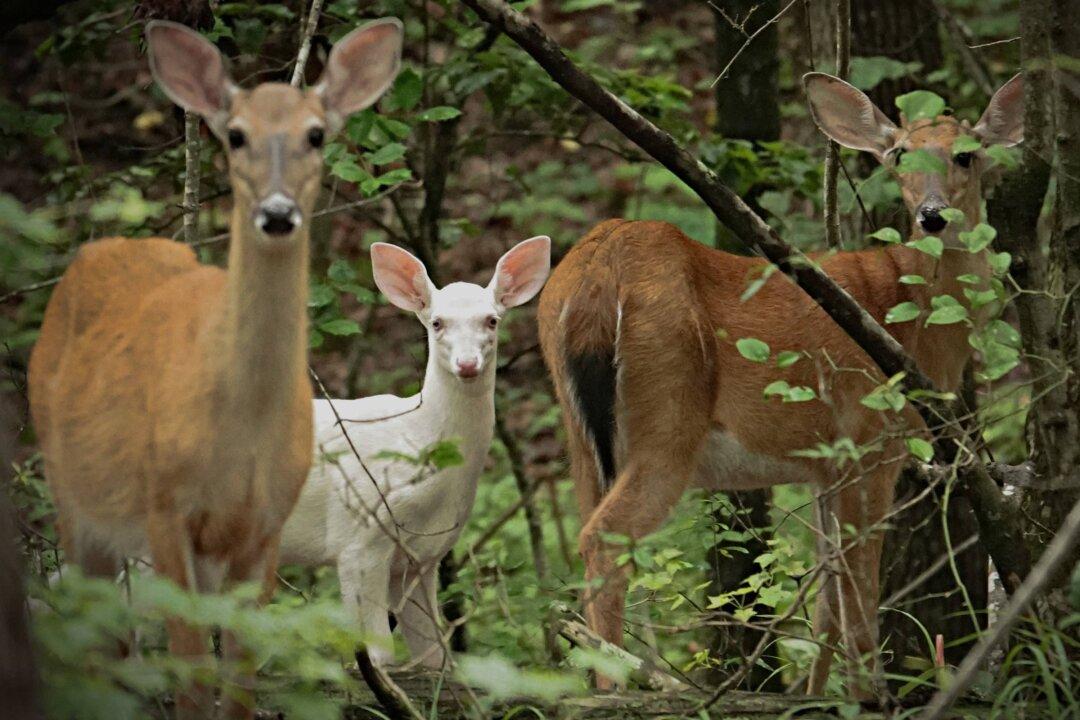A Bear roaming the woods in search of berries happened on a fallen tree in which a swarm of Bees had stored their honey.
The Bear began to nose around the log very carefully to find out if the Bees were at home. Just then one of the swarm came home from the clover field with a load of sweets. Guessing what the Bear was after, the Bee flew at him, stung him sharply and then disappeared into the hollow log.






